Mozambique: Two arrested for illegal possession of pangolin
Cheetahs introduced to Karingani Game Reserve will boost Mozambique’s population
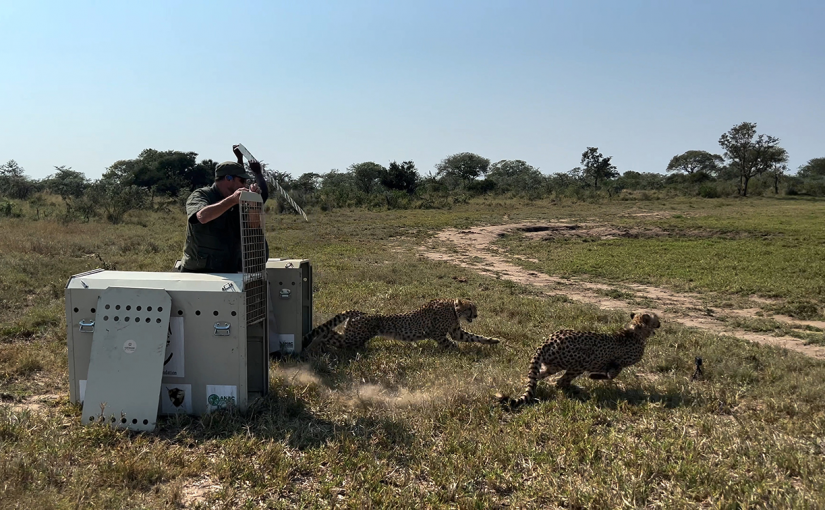
The male cheetahs race off into their new home at Karingani Game Reserve- [Photo: Karingani Game Reserve/ Jo Taylor]
Karingani Game Reserve in southern Mozambique has successfully released four translocated cheetahs as part of a project to expand cheetah range. The world’s fastest land mammal is quickly running out of time as they are often illegally stolen from the wild as cubs and sold into the illegal pet trade in the Middle East, threatening cheetah populations worldwide. Furthermore, these cats need room to run, and safe habitat is running out. With only an estimated 7,100 cheetahs remaining in the wild, creating safe conservation areas is critical for the continued survival of this high-speed predator. Research by the Endangered Wildlife Trust (EWT) showed historical records for Cheetahs in Mozambique are sparse, but information obtained from the Maputo Natural History Museum and Mozambican naturalist José Tello suggest that they were most plentiful in the vicinity of Karingani. Karingani has been restored and rejuvenated through holistic, landscape-level, science-driven management, and this ecological recovery has created 1,450 km2 of safe space for wild cheetah conservation. EWT assessed the reserve and determined that it is now a safe space for a flourishing population of cheetahs and is ready for population reinforcement as part of its Cheetah Range Expansion Project. This area could support up to 40 wild cheetahs in future and boost tourism in the region.
Two male and two female cheetahs were brought to Karingani in a collaborative project with Administração Nacional das Áreas de Conservação (ANAC), the EWT, Karingani and veterinary partner, the Mozambique Wildlife Alliance. The male cheetahs came from Roam Private Game Reserve, South Africa, and were generously donated by andBeyond Phinda Private Game Reserve, South Africa. The females came from Dinokeng Game Reserve, South Africa.
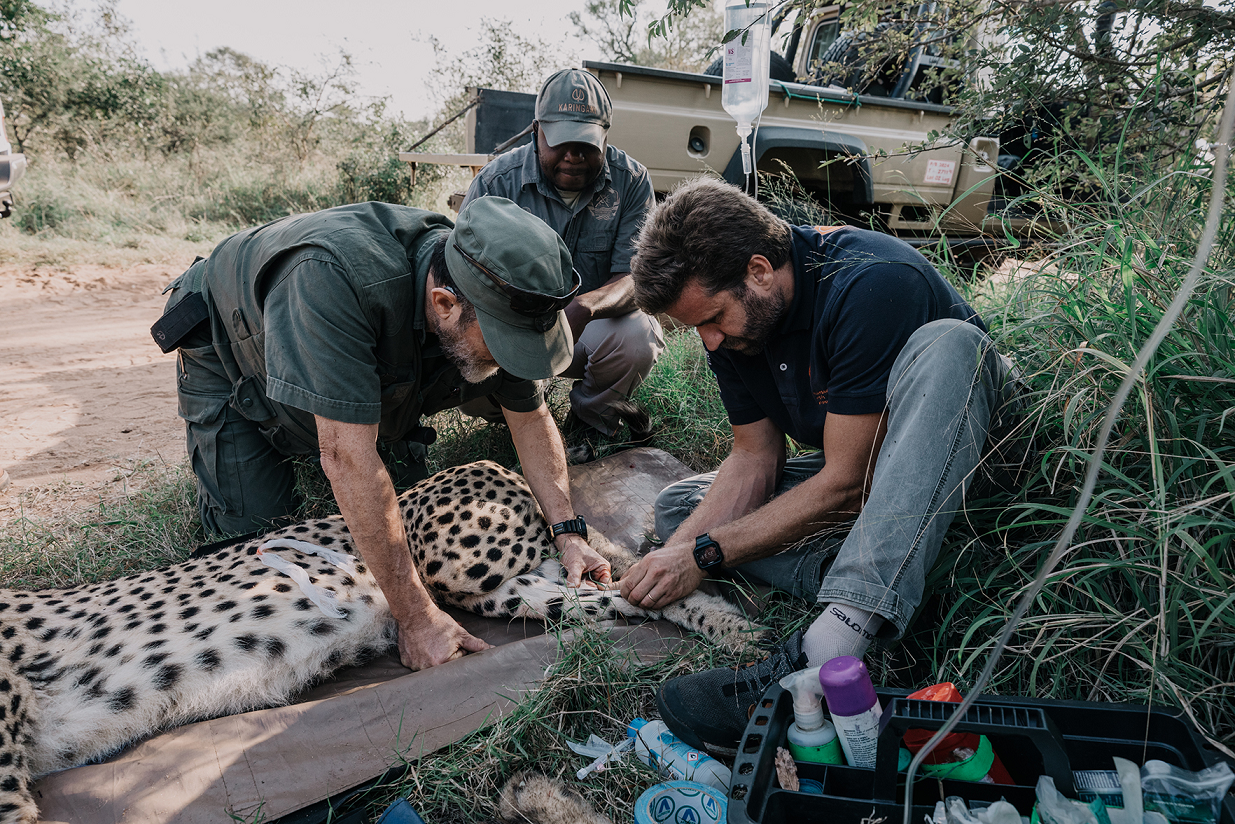
The two groups of cheetahs were brought into Karingani in two separate moves during the final week of March. The cats were placed in Karingani’s Predator Holding Facility for six weeks to inhibit their natural homing instincts and acclimatise them to their new surroundings. After their brief boma stay, the cheetahs were released into the greater Karingani Game Reserve at the beginning of May. The release was attended by members from one of Karingani’s neighbouring communities, Cubo. The reserve staff will continue to monitor the cheetahs post-release to ensure the transition into their new home goes smoothly.


Cheetahs have been systematically eradicated from more than 90% of their historical range in Africa. One way to recover safe habitat for cheetahs is to reintroduce them into areas where the original anthropogenic threats that led to their extirpation have subsequently been eliminated. Since 1999, cheetahs have been reintroduced into 62 reserves in South Africa, two in Malawi, one in Zambia, and two in Mozambique. In 2021, the EWT commenced with two cheetah reintroductions into Mozambique in collaboration with ANAC. Twelve founder cheetahs were relocated from South Africa and Malawi to the Zambezi Delta, and four founder cheetahs were relocated to Maputo Special Reserve. This move to Karingani marks the third translocation of cheetahs into Mozambique as part of the EWT’s Cheetah Range Expansion Project.
Karingani is honoured to be a part of this collaborative conservation effort to further enhance the conservation of this remarkable, threatened species. Reserve warden Ellery Worth emphasises that “to be in a position to ecologically reinforce cheetah populations on
Karingani and at the same time be able to partner with like-minded organisations, nationally and internationally, is the epitome of sound conservation practise.”
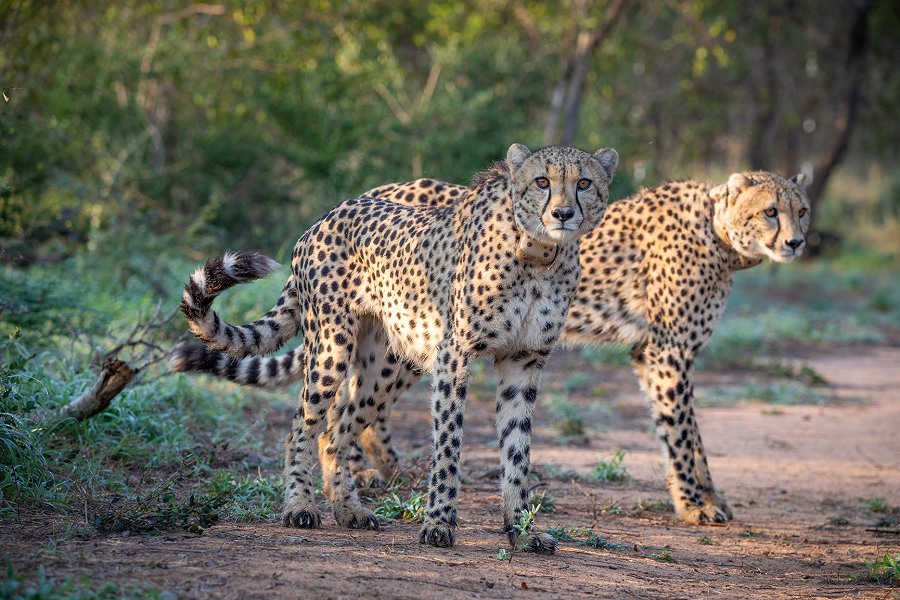
About Karingani
Extending over an area of 150 000 ha Karingani represents the largest privately managed tract of land within the Greater Libombo Conservancy (GLC), Mozambique. Karingani has an integrated and enduring vision, of becoming a world- leader in sustainable conservation. Karingani’s goal is to restore, enhance and maintain the natural ecological processes and biodiversity through an effective and sustainable partnership between the Mozambican Government, private investors and participating communities. To utilise, exemplify and demonstrate the viability of world-leading investor funded sustainable conservation practice in order to re-establish and preserve the presence of wilderness and wildlife, alongside thriving and like-minded communities in this vast and strategically important habitat, which, without careful, long term responsible stewardship, faces the stark risk of being lost forever.
About the Endangered Wildlife Trust
The Endangered Wildlife Trust (EWT) has worked tirelessly for nearly 50 years to save wildlife and habitats, with a vision to promote a healthy planet and an equitable world that values and sustains the diversity of all life. The EWT’s team of field-based specialists is spread across southern and East Africa, where committed conservation action is needed the most. Working with partners, including businesses and governments, the EWT is at the forefront of conducting applied research, supporting community conservation and livelihoods, training and building capacity, addressing human wildlife conflict, monitoring threatened species, and establishing safe spaces for wildlife range expansion. A beacon of hope for Africa’s wildlife, landscapes, and communities, the EWT is protecting forever, together.
About ANAC
Established in 2011, the Administração Nacional das Áreas de Conservação (ANAC) is a State institution responsible for the conservation of biodiversity and the sustainable development of Mozambique’s ecotourism. Its main activities are the planning, coordination and execution of activities in the conservation areas, in partnership with local organisations and communities. The conservation areas, administered by ANAC, represent around 25% of the national territory, including 7 National Parks and 7 National Reserves, and 70 game hunting areas divided in 20 official game reserves, 9 hunting blocks, 13 community projects and 31 game farms.
About Mozambique Wildlife Alliance
The Mozambique Wildlife Alliance (MWA) works in association and collaboration to conserve Mozambique’s wild landscapes by promoting responsible management practices, actions-based interventions and peaceful coexistence with shared benefits between people and wildlife.
The MWA is a registered not-for-profit Mozambican organisation created specifically to provide critical support to ANAC in a range of urgent issues that fall under the ANAC governmental mandate, but due to several operational and technical restrictions have not been addressed.
MWA is officially mandated by ANAC, under a formal written agreement to operate on their behalf in conservation, wildlife veterinary and human-wildlife conflict related subjects. This novel venture working in a public-private partnership fully endorsed by government but privately run and funded (with government commitment and support) is proving to be a nimble and functional model in full support of ANAC and the Mozambique landscape.
About andBeyond
andBeyond designs personalised high-end tours in 13 countries in Africa, five in Asia and four in South America, offering discerning travellers a rare and exclusive experience of the world as it should be. andBeyond owns and operates 29 extraordinary lodges and camps in iconic safari, scenic and island destinations in Africa and South America. This enables them to positively impact more than 9 million acres of wildlife land and 3,000 kilometeres of coastline.
Established in 1991, andBeyond strives to leave our world a better place than we found it through care of the land, wildlife and people and the delivery of extraordinary guest experiences.
About Dinokeng Game Reserve
Established in 2011, Dinokeng Game Reserve’s (DGR) story centres around conservation, as a project started through strategic initiatives of Gauteng Provincial Government to capitalise on the relatively unspoilt natural environment in the context of the Gauteng Province and the efforts of enthusiastic more than 170 landowners. Together they developed the concept that eco-tourism could become the source for upliftment of rural communities through sustainable employment.
Situated within the boundaries of a large metropolis, the Dinokeng Game Reserve, extends over an area of 19,000 ha and has the potential to become a model for future conservation where people and wild animals live in harmony. The DGR is a private public initiative where all the lodges are privately owned


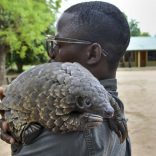

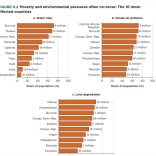
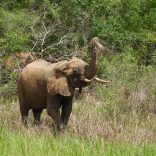

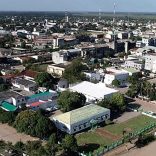




Leave a Reply
Be the First to Comment!
You must be logged in to post a comment.
You must be logged in to post a comment.